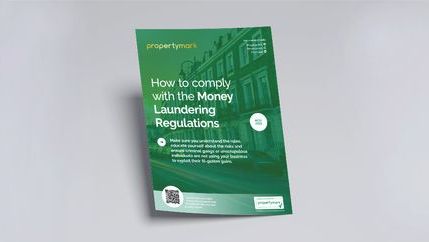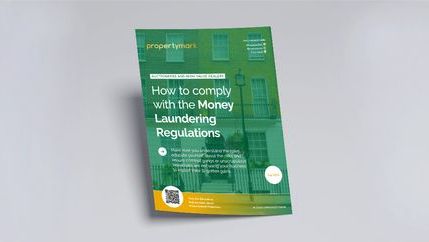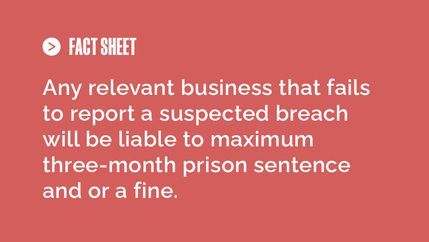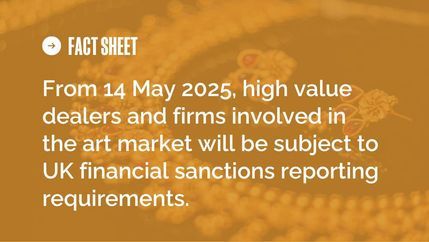
The latest findings reinforce what Propertymark highlighted in our position paper, Reducing Economic Crime in the Property Sector: economic crime remains a systemic threat to the property sector. We continue to press for proportionate reform, including mandatory regulation of agents, clearer HMRC guidance, and a joined-up approach between regulators and industry.
The UK Government’s next steps may include stronger supervision, clearer guidance, and greater transparency of beneficial ownership. By taking proactive action now, agents can not only protect their business and clients but also demonstrate the vital role our profession plays in keeping the housing market fair, transparent, and secure.
Property and financial crime – a growing concern
Between 2016 and 2022, an estimated £6.7 billion of UK property was bought with wealth suspected to come from questionable sources.
Despite recent reforms such as the Register of Overseas Entities and the Economic Crime and Corporate Transparency Act 2023, enforcement remains patchy and the volume of suspicious activity reports from the property sector is still low.
Professional enablers under pressure
The assessment warns that property professionals remain at risk of being used, knowingly or otherwise, to facilitate economic crime. As HMRC’s supervisory reach widens, scrutiny is increasing on whether firms have robust procedures in place to identify and report suspicious transactions.
Propertymark has long argued that a lack of regulation leaves the sector exposed. With no universal licensing or qualification requirements, anyone can set up as an estate or letting agent — a vulnerability that criminal networks can exploit.
That is why Propertymark welcomes proposals from the UK Government to introduce a Code of Practice for residential property agents and continues to call for the Regulation of Property Agents (RoPA) recommendations to be implemented in full, ensuring every sales and letting agent is qualified, licensed, and accountable.
Banks and compliance challenges
Propertymark’s research shows that legitimate agents are also being hindered by banks closing pooled client accounts without cause, often citing generic AML risk policies. This practice disrupts businesses, undermines client money protection (CMP), and paradoxically increases the risk of financial crime by pushing agents outside formal banking systems.
We have urged HM Treasury to require financial institutions to review risk on a case-by-case basis before closing accounts — ensuring that only genuinely non-compliant firms are affected.
Rising expectations for agents and member support
Considering the new NRA findings, property professionals should expect tougher expectations across five key areas:
- Customer due diligence – verify identity and beneficial ownership for every client, including overseas entities.
- Source-of-funds checks – challenge inconsistencies and document evidence for all high-value or cash-based transactions.
- Enhanced due diligence – apply to politically exposed persons (PEPs), trusts, and complex company structures.
- Staff training – ensure all employees can recognise red flags and know how to escalate concerns.
- Record-keeping and SARs – keep full records for at least five years and report suspicious activity without delay.
Our guidance, webinars, and compliance templates help members meet AML obligations confidently.











